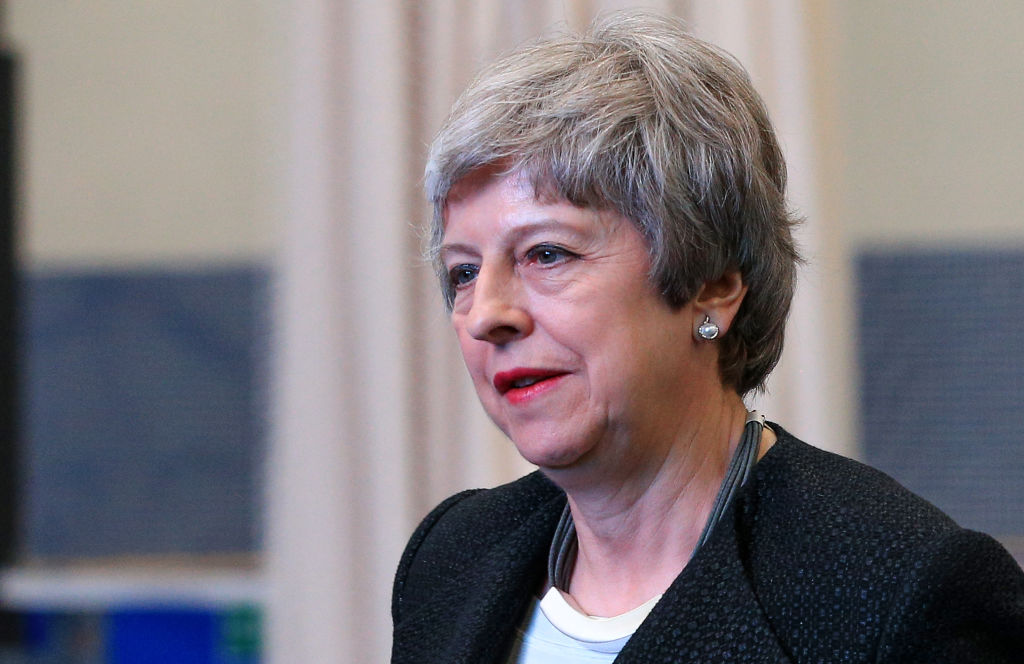Unusually, the government made an announcement today on domestic policy, with Theresa May promising to end the ‘postcode lottery’ for domestic abuse victims by forcing English councils. Still more unusually, this announcement has been welcomed with sincerity by the sector it is aimed at.
It must be an unusual feeling for ministers, even on a matter such as domestic abuse that May and her junior colleagues have poured more effort into than many other issues. Yes, the Domestic Abuse Bill is still in draft form and realistically unlikely to become statute under the current Prime Minister, but the non-legislative aspects of the government’s drive to tackle this crime are still going ahead.
The need is clear: on any one night, 90 women and the same number of children can be turned away from refuges. A survey by Women’s Aid found that 60 per cent of the referrals to refuge in 2017/18 were declined. The consequences of turning a woman away, or placing her in inadequate and insecure bed and breakfast accommodation are catastrophic. Labour MP Jess Phillips set out one such case in a Parliamentary debate a few months ago:
‘Left lonely in a Birmingham hotel, without any of the safety measures or supports that the proper refuge, which was full, would have provided, she went back. She is dead now.’
There is even money behind this announcement that councils must provide secure accommodation for victims of abuse. But here the questions start. Is the funding going to be ring-fenced? If not, how will councils really manage to prioritise real refuge accommodation when they also can’t afford myriad other things which tend to get far more attention from voters? A genuine refuge place is secure and provides more than just a bed, as survivors of abuse and their children tend to have complex and chronic mental health problems, as well as severe financial difficulties. Often, a victim will need accommodation outside their local authority area, given they are fleeing an abusive ex-partner who is likely to go to strenuous efforts to find them, but some councils commission refuge spaces on the basis of a local connection. Smaller organisations, particularly those working with minority groups including those from BME backgrounds, disabled victims and survivors of honour-based violence, can often be overlooked, too, either because they don’t have the same clout or because they operate across local authority boundaries. So the announcement cannot just be about funding, but about duties on local authorities to ensure their commissioning is as effective as possible. And what if a council fails in its statutory duty? Given the numbers of victims being turned away at present, it is highly likely that many authorities won’t meet their obligations. This cannot be without consequence, though financial penalties are generally pretty counter-productive.
The Ministry of Housing, Communities and Local Government is now consulting on how much funding is needed, and clearly it’s not going to be a small pot. But even if Theresa May, who does deserve credit for taking this issue seriously both in her time as Home Secretary and Prime Minister, doesn’t see the legislation through, she has a chance now to save lives with just one unusual policy announcement.







Comments